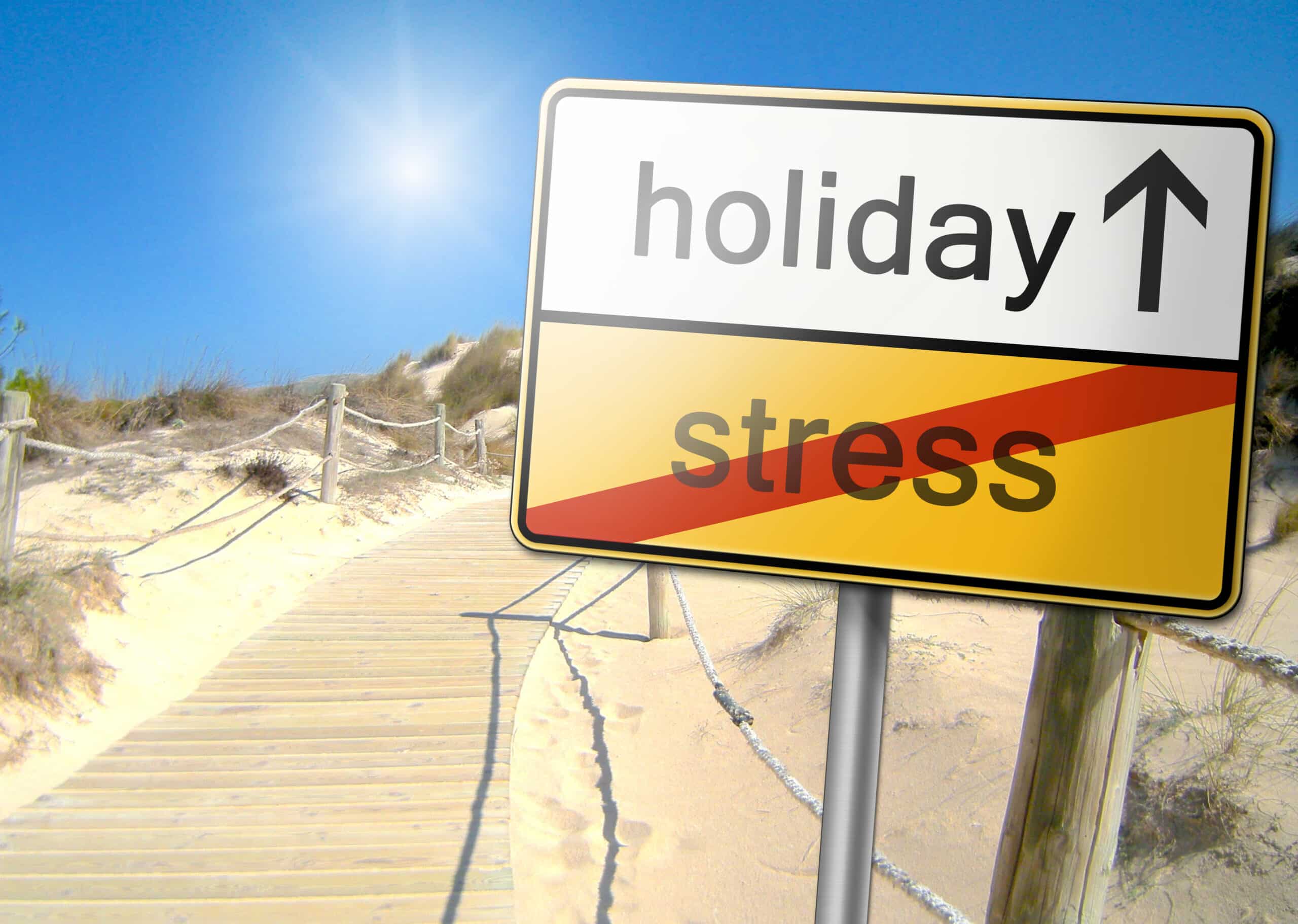Subjects who had taken less than 3 weeks off a year were found to be 37% more likely to die during the course of a 40 year long study. Living an otherwise healthy lifestyle did not compensate for working too hard without taking holidays.
Timo Strandberg of the University of Helsinki began this research in the 1970s following 1,222 middle aged men producing puzzling results of men given intensive health advice and decreased their risk of heart disease were still more likely to die early. Subjects were randomly put into either a control group or an intervention group who received training on physical activity, diet, BMIs, lifestyle choices, and drugs to lower lipids and/or blood pressure when/if required. The intervention subjects were observed to have traditional signs of healthy heart with 46% reduction in risk of CVD, but died early from a variety of illnesses leading researchers to conclude stress of trying to live more healthy including regular exercise without taking extended breaks from work was fatal for them.
An optimal amount of holiday was not established, but recommended that at least three weeks a years should be taken. Deaths were concluded to be concentrated in men who did not take enough time away from work combined with stress of trying to live more healthy. Family doctors often recommend patients take time off for holidays when they are stressed.
Taking time off can be a great way to relieve tension, talking to friends and family for support can also help lift some tension, as well as adopting a healthier lifestyle but those changes should be sustainable and not become yet another source of stress. This advice may not apply to some people, as some find spending time off with their families found it so wearing that it was more relaxing to stay in the office, getting stressed while on vacation is dangerous, according to Professor Strandberg. Health education is not harmful, rather stress reduction training is an essential part of programmes geared to reducing CVD risks. In addition stress management was not part of preventive medicine in the 70s, but it is now recommended for individuals with or at risk for CVD. That expression hard work never killed anyone may need an update.




